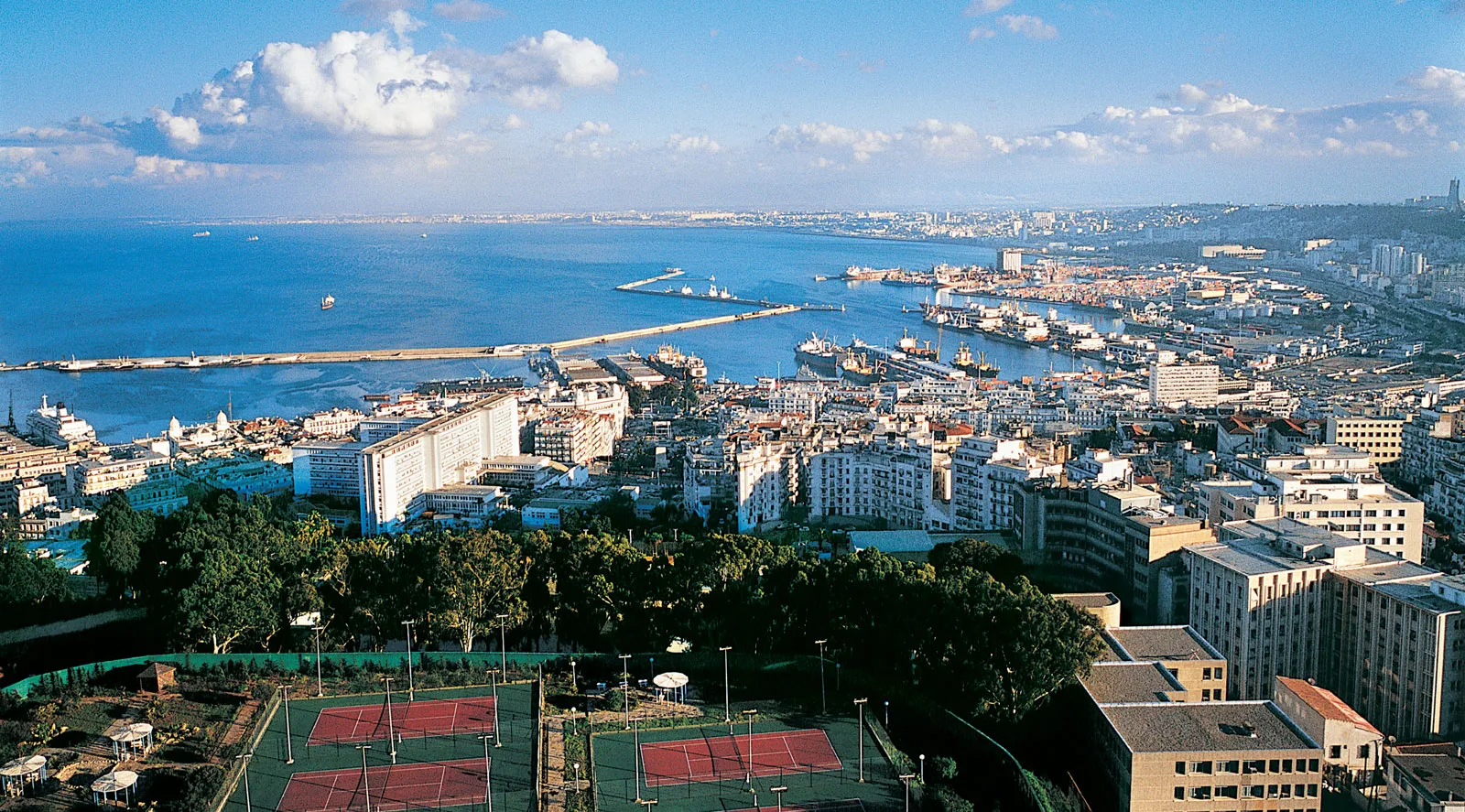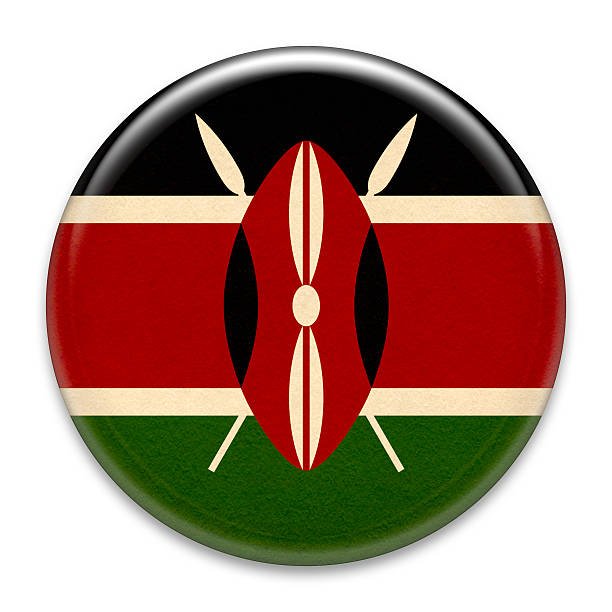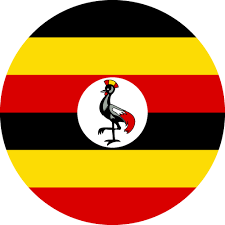Employer of record in Algeria
Employer of record in Algeria
Employer of record in Algeria
Employer of record in Algeria

Algeria is a North African country with a diverse economy, primarily driven by hydrocarbons, particularly oil and natural gas, which constitute a large portion of its export revenue. The country has a growing GDP, ranking among the top economies in Africa. Algeria is focused on diversifying its economy, with efforts in agriculture, manufacturing, and renewable energy. It also has a large and young population, contributing to a developing workforce.
Employee Benefits
Visas and Work Permits
Algeria offers several visa options for visitors. Foreign nationals from Libya, Mali, Morocco, Tunisia, the Seychelles, and Malaysia can visit Algeria for up to 90 days without a visa for tourism or business purposes.
Common work visas in Algeria include:
- Business Visa: Allows foreign nationals to visit Algeria for business purposes but does not permit employment with an Algerian employer.
- Diplomatic Visa: Issued to government officials or diplomats traveling for official duties.
- Work Visa: Granted to foreign nationals authorized to work in Algeria for an extended period.
Annual Leave
- Employees receive 30 days of paid annual leave, calculated at 2.5 days per month.
- Employees in southern provinces receive an additional 10 days of leave.
- Leave entitlements may exceed 30 days based on collective agreements and employment contracts.
- Employees may carry over leave upon written request and employer approval.
- Unused leave must be paid upon termination. Negative balances may be recouped by the employer.
Sick Leave
- Employees are entitled to 15 days of paid sick leave per year.
- 50% salary is paid from the first day of sick leave; 100% salary from the 16th day or if hospitalized.
- Sick pay and medical reimbursements are covered by the National Fund of Social Security, funded through employer and employee contributions.
Maternity Leave
- Female employees are entitled to 14 weeks of paid maternity leave, starting at least one week before delivery.
- Employees receive 100% of their regular wage during maternity leave.
- A certificate from the employer and Social Security Institution is required for benefits.
Paternity Leave
- Fathers are entitled to 3 days of paid paternity leave upon their child’s birth.
- Employees must provide written notice to their employer.
Family Leave
Employees may take 3 days of unpaid leave for significant life events, including marriage, birth of a child, marriage of a descendant, or the death of close family members.
Public Holidays
Algeria has 12 paid public holidays.
Employee Contribution:
- 0.5% of covered wages for unemployment benefits.
- 0.375% for weather-related unemployment compensation.
Workers’ Compensation
- Work injury benefits are covered by social security contributions.
- Employer contributes 1.25% of gross payroll towards work injury benefits.
- Covers injuries, occupational diseases, and commuting accidents.
Social Security Contributions
- Employer: 26% of gross salary.
- Employee: 9% of gross salary.
- Contributions cover retirement, illness, unemployment, and workplace accidents.
Retirement Benefits
- Administered by the National Retirement Fund.
- Retirement age: 60 for men, 55 for women.
- Minimum 15 years of contributions required.
- Pension calculation: 2.5% of the average monthly earnings of the highest 5 years of earnings, multiplied by the number of years contributed.
- Maximum monthly pension: 15 times the legal monthly minimum wage.
Private Employee Benefits
- Health Insurance: Public healthcare is available, but private options exist with high medical standards.
- Retirement & Workers’ Compensation: No additional private schemes required.
Personal Income Tax
Algeria has a progressive tax system with rates up to 35%:
| Taxable Income (DZD) | Tax Rate |
|---|---|
| 0 – 240,000 | 0% |
| 240,001 – 480,000 | 23% |
| 480,001 – 960,000 | 27% |
| 960,001 – 1,920,000 | 30% |
| 1,920,001 – 3,840,000 | 33% |
| 3,840,001 + | 35% |
Taxation Method
- Residents are taxed on worldwide income.
- Non-residents are taxed only on Algerian income.
Payroll Taxes
- Employer: 26% of gross compensation.
- Employee: 9% of gross salary.
- Contributions fund retirement, illness, unemployment, and workplace accidents.
Income
- Salary, bonuses, overtime, taxable benefits, and lump-sum perks are considered remuneration.
- Business profits and trust beneficiary income are also taxable.
Bonuses & Allowances
- Bonuses are not mandatory and are determined by employer-employee agreements.
- No mandatory employer-paid allowances, but social insurance funds provide:
- Family Allowance: Paid for children under 17 (or 21 if students or disabled).
- School Allowance: Covers school-related costs for children over six.
- Special School Allowance: For children in vulnerable situations.
- Solidarity Allowance: For individuals without income.
Investment Income
Capital Gains:
- Taxed as ordinary income.
- 30% relief for assets held up to three years.
- 65% relief for assets held over three years.
- Gains can be exempt if reinvested within three years.
Dividends:
- 15% withholding tax (WHT) for non-resident shareholders.
- 5% WHT on dividend distributions among Algerian businesses.
Interest:
- 10% WHT on paid interest.
- Subject to corporate income tax if earned by a legal entity.
Tax Year: Corresponds to the calendar year.
Payroll Cycle: Wages are typically paid on the last working day of the month.
- Double Taxation: Algeria has agreements to avoid double taxation.
Allowable Deductions
- Alimony payments: Tax-deductible.
- Mortgage interest: Tax-deductible.
- Healthcare, education, childcare, and life insurance costs: Not deductible.
- Paid taxes: Deductible.
Unemployment:
- Employee: 0.5% (unemployment), 0.375% (weather-related compensation).
- Employer: 1% (unemployment), 0.375% (weather-related compensation).
Social Security:
- Employer: 26%.
- Employee: 9%.
Workers’ Compensation:
- Employer: 1.25% of payroll.
































